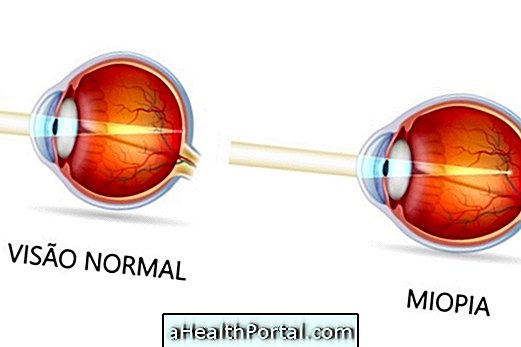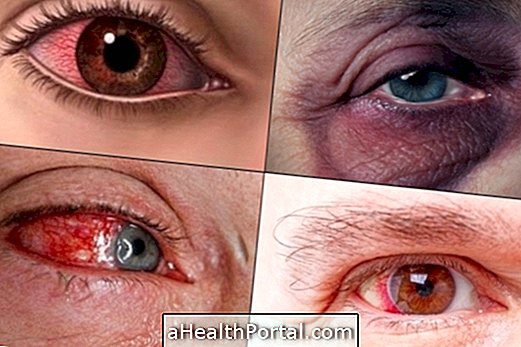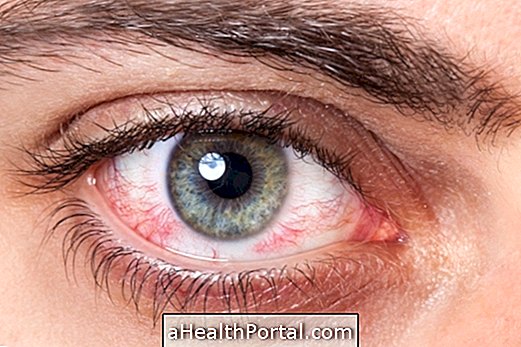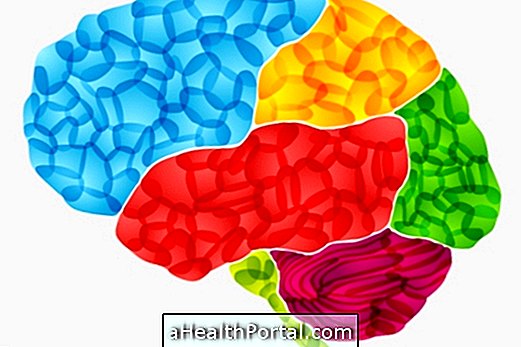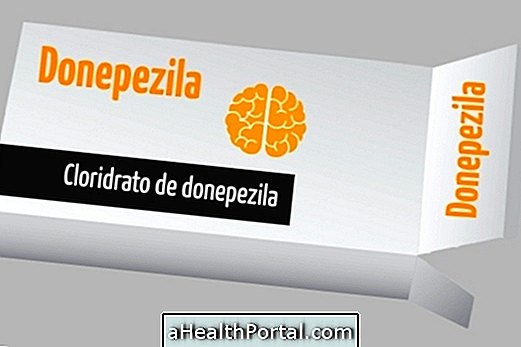The use of some medications can cause cataracts because their side effects can affect the eyes, causing toxic reactions or increasing the sensitivity of the eyes to the sun, which can cause this disease to develop early.
However, it should not be forgotten that there are other more common causes that cause this disease, even in those who use these types of medicines, such as aging, excessive exposure to the sun, inflammation of the eye and diseases such as diabetes, high cholesterol and hormonal changes. example.
Cataracts are the main cause of blindness that can be cured, being more common in the elderly. This disease is characterized by opacification of the lens, a kind of lens of the eye, which causes gradual loss of vision, as the absorption of light and perception of colors are impaired. Understand more details about the symptoms of cataract and its main causes.
Some of the top medicines that can cause cataracts include:
1. Corticosteroids
Corticosteroids are drugs that are widely used to control immunity and inflammation in the body. However, chronic use of corticosteroids for weeks, months or years may cause several side effects, including cataracts.
About 15 to 20% of chronic users of corticoids, in eye drops or tablets, as may be needed by people with diseases such as rheumatoid arthritis, lupus, asthma or inflammatory bowel disease, for example, may develop cataracts.
Check out other side effects that chronic use of corticosteroids can cause to the body.
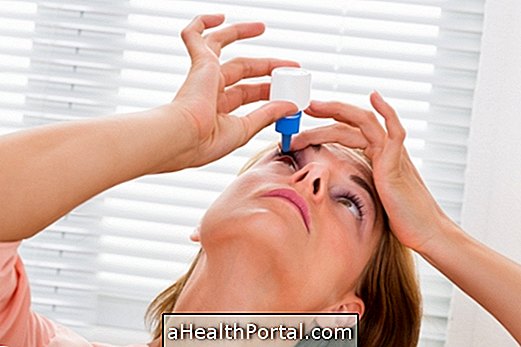
2. Antibiotics
Some antibiotics, such as Erythromycin or Sulfa, may increase the risk of developing cataracts, especially if used over a long period or frequently, and this is due to increased sensitivity of the eyes to light, which promotes a higher absorption of UV radiation to the lens.
3. Acne Remedies
Isotretinoin, known by the trade name Roacutan, used for the treatment of acne, causes a great irritation and increased sensitivity of the eyes to light, which causes an eye toxicity and risk of changes in the lens.
4. Antidepressants
Some antidepressants, such as Fluoxetine, Sertraline and Citalopram, used to treat depression and anxiety, for example, may increase the risk of developing cataracts.
This effect is rare, but it can happen because these drugs increase the amount of serotonin in the brain, and the action of this substance on the lens can cause reactions that increase opacity and can lead to cataracts.

5. High Blood Pressure Remedies
People who take continuous beta-blocker antihypertensive drugs, such as Propranolol or Carvedilol, for example, are more likely to develop cataracts because they may stimulate crystalline deposits.
In addition, Amiodarone, a medicine to control the arrhythmia, can also cause this accumulation of corneal deposits, as well as having a great irritative effect on the eyes.
What to do to avoid cataracts
In case of use of these medicines, with medical recommendation, their use should not be stopped, since they have important effects on the health of those who carry out the treatment. However, it is recommended to follow up with your ophthalmologist for vision monitoring and early detection of any changes in your eyes or risk of vision change.
In addition, other important attitudes to be taken on a day to day basis to prevent cataracts include:
- Wear sunglasses, with UV protected lenses, whenever in a sunny environment;
- Follow the correct treatment of metabolic diseases, such as diabetes and high cholesterol;
- Only use medicines under medical supervision, both by tablet and eye drops;
- Avoid smoking or consuming alcoholic beverages in excess;
- Consult your ophthalmologist on an annual basis for regular vision assessments and early detection of changes.
In addition, when the cataract has already developed, the ophthalmologist may indicate a surgical procedure to reverse it, which removes the opaque lens and replaces it with a new lens, restoring vision. Learn more about how it is done and how recovery from cataract surgery is.

